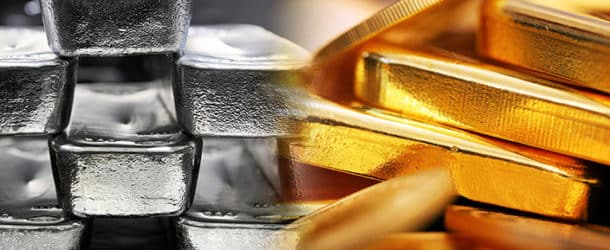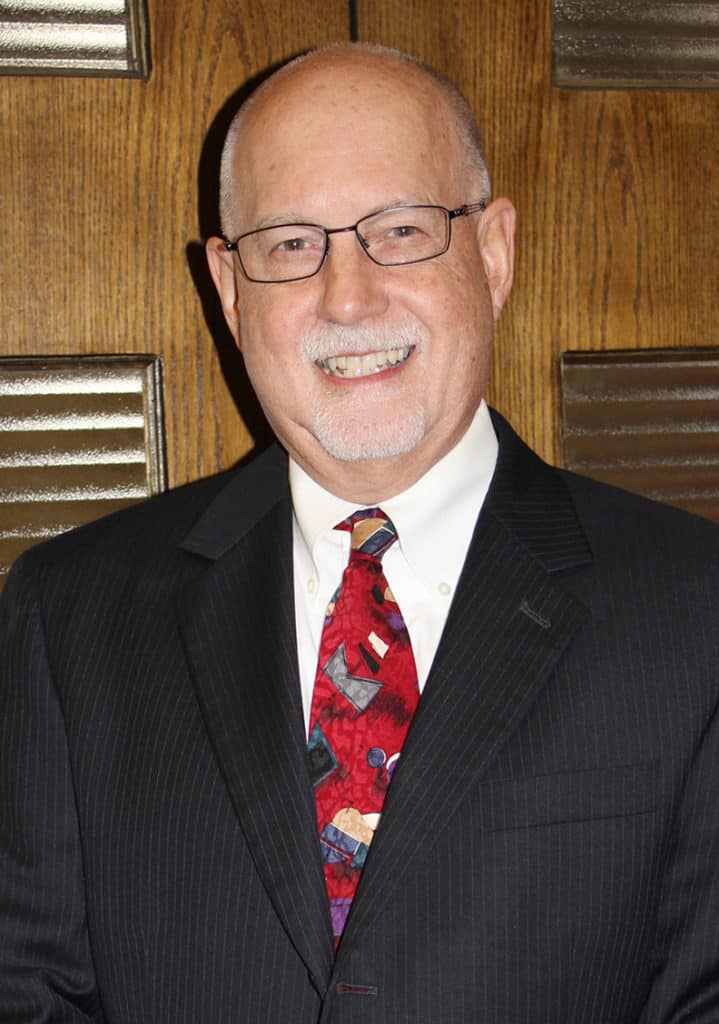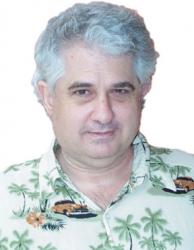A New Louisiana Tax On Precious Metals Leaves Area Dealers In Dire Straits
By Brad Goins
Many Louisianans were thrown for a loop last year when the Louisiana Legislature decided to increase the state’s already high sales tax by 1 penny across the board.
That most unwelcome increase was only part of a huge package of new taxes, fees and budget cuts that the Legislature cobbled together in an effort to fill a state budget gap of $1 billion.
One item in that big package — a 3-percent sales tax on the sale of precious metals — went unnoticed by the vast majority of Louisiana residents.
To be precise, the Legislature mandated a 5-percent sales tax on precious metals sales for three months. The tax then dropped to 3-percent. That tax was set to stay in place 24 months, then be sunseted.
Before this new tax went into effect in April, 2016, sales of gold and silver bullion had been exempt from state tax in Louisiana. They’re still exempt from taxation in many states in the country. A large number of states in the U.S. never charge any sales tax on any sale of gold; Texas charges no tax on sales of precious metals.
And there’s the rub for local coin and metals dealers such as Malcolm Self. The new tax, says Self, “makes us uncompetitive with anybody outside the state.”
A 3-percent tax might sound negligible to some. But suppose an investor buys bullion in the amount of $100,000 — an amount Self says isn’t unusual. In Louisiana, and in Self’s store, the tax on the sale will be $3,000. That figure’s more than enough to make even loyal customers choose to avoid the tax.
Before the tax, Self had a brisk business in Internet sales of gold and silver to people living throughout Louisiana. That market, says Self, has all but disappeared. “The Internet has been an equalizer,” he says.
A Ripple Effect
The tax has a ripple effect that goes far beyond Internet sales. “We sell a lot of
other things [besides gold and silver bullion],” says Self. “We sell paper-related goods; jewelry.” The items are all taxed at the full state rate.
During his 30 years of business, Self has noticed a common form of customer behavior. A couple comes into the shop. The man, says Self, goes to the bullion counter. Meanwhile, says Self, his wife “looks around. She’s getting Christmas gift ideas.” She eventually buys a piece of jewelry, or some other item.
That sort of couple has mostly vanished from Self’s shop. It’s no longer there because the husband is no longer buying bullion in Louisiana. “It’s taken me years to build my clientele,” says Self. Naturally, the prospect of watching it dwindle away is unnerving.
One of Self’s means of revenue is to wholesale to other coin dealers in Louisiana. But since their sales have declined in the same ways his have, that option is no longer effective.
Losses And Cuts
Self’s total loss in sales has been catastrophic. Last year, in-state sales made up 27 percent of Self’s business. That’s dropped to 3 percent in 2016. Since the tax went into effect, Self’s in-state sale of the precious commodities has dropped by 97 percent. It is a loss that figures well into the millions.
It’s a loss that’s forced Self to make cuts. He’s reduced the number of employees in his shop from five to four. The salaries of all employees, and the compensation for Self, have all been cut. He’s eliminated all $20,000 of his advertising budget. He’s no longer making charitable donations or sponsoring local events.
All these cuts amount to reduced revenue for the state of Louisiana. But they’re also coping mechanisms for Self.
“We are in survival mode,” he says. “I’m going to do whatever it takes to survive … It may mean losing another employee.”
Tax-Free Race Horses
Before the tax went into effect, Self and other Louisiana coin and metals dealers lobbied the Louisiana Dept. of Revenue vigorously to stop the tax in its tracks. He notes that the area’s congressmen have been very active and supportive in their efforts to stop the tax.
A 3-percent tax increase on gold and silver certainly has the look of a tax that was created by the cherry-picking of assorted revenue enhancers to create some sort of conglomerate package that — on paper, anyway — appeared to address a huge budget gap. As usual, politicians didn’t have the wherewithal to make broad cuts and increases. It appeared to be easier to add 3 percent here; 4 percent there; 5 percent somewhere else.
According to the Louisiana Dept. of Revenue, some of the many sales that are not taxed by Louisiana include the sale of race horses; the sale of seeds, fertilizers, containers and pesticides to farmers; funeral directing services; used factory-built homes; and proceeds from coin-operated washers and dryers. Livestock sold at auction and anything whatsoever related to the production of crawfish and catfish is not taxed in Louisiana.
That being the case, one can hardly blame Self for wondering why the state would choose to tax such an investment as precious metals.
Lost State Revenue
Self points out that the revenues he loses; and the cuts he makes; all amount to lost revenue for the state. A three percent tax that simply isn’t collected due to lack of sales is bound to result in a loss of tax revenue.
His losses will also diminish local revenue — and not just in diminished spending by himself and his employees.
Self notes that he must pay for an occupational license from the City of Lake Charles every year. Due to the drastic decrease in sales, Self reckons that the drop in payment this year will drop — perhaps by more than $1,000.
Options
Self doesn’t have an abundance of options. But there are some things he can do to recoup some of his losses.
He says his operation is “aggressively pursuing sales [of precious metals] in states with higher taxes” than those levied by Louisiana. This effort has been effective.
And if things get bad enough, Self can simply move his operation across the Texas border.
He says it’s not something he wants to do. “It’s a headache,” he says. “But it’s a viable option.”

















Comments are closed.